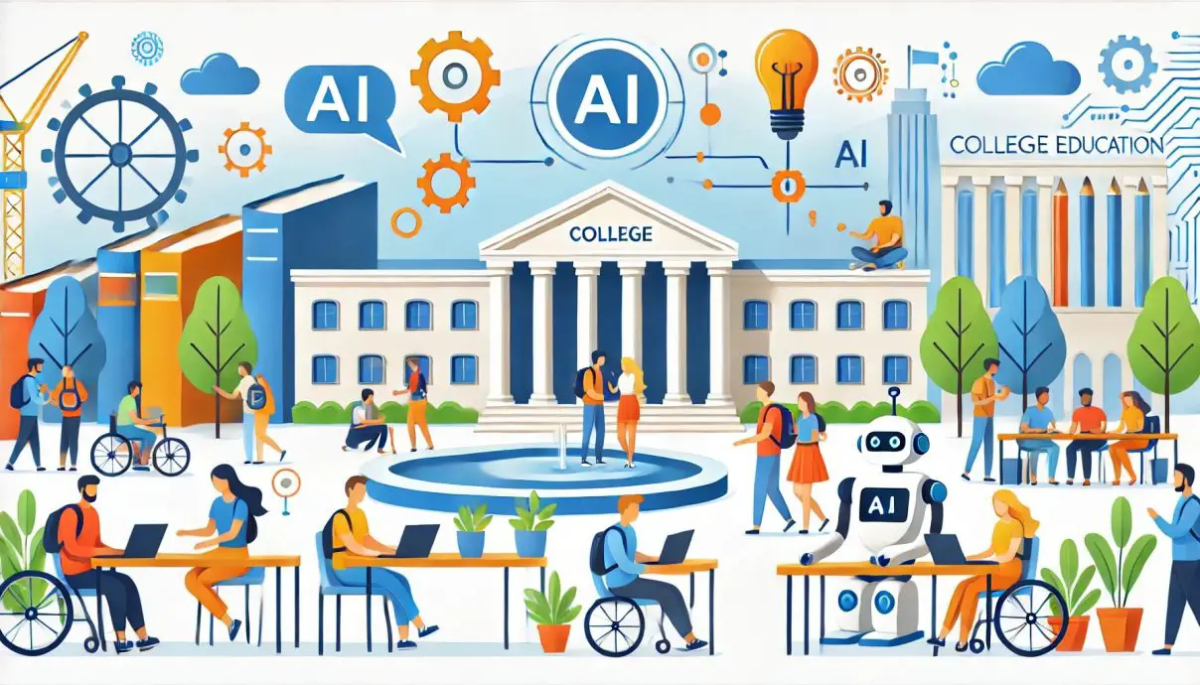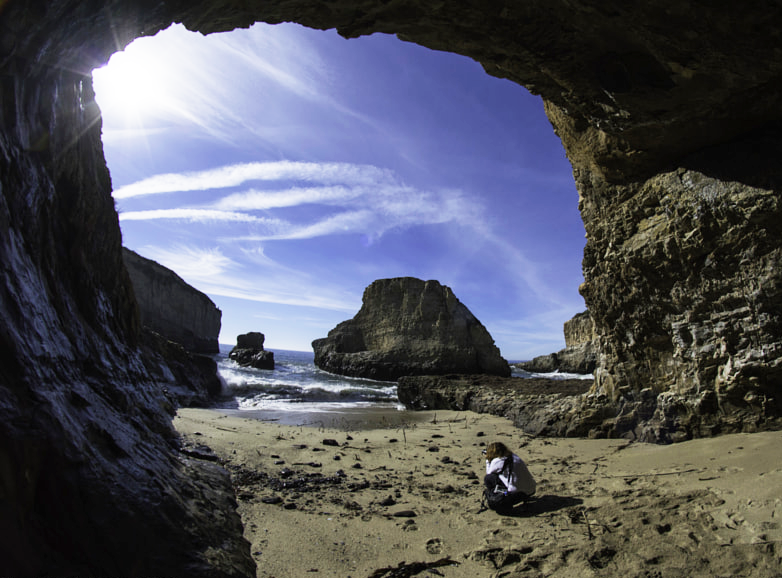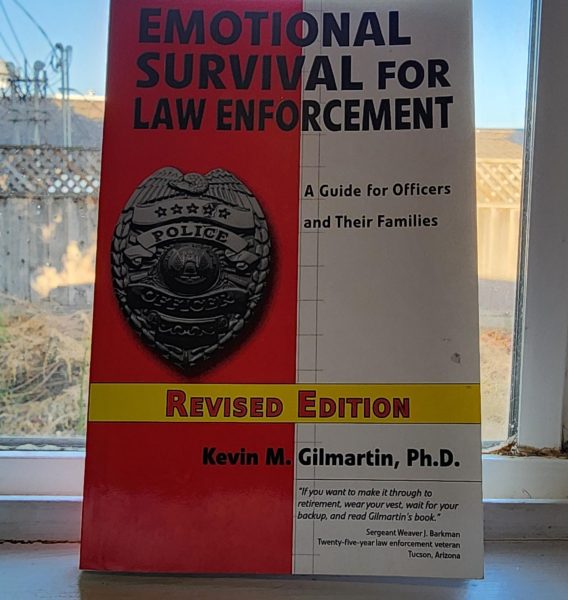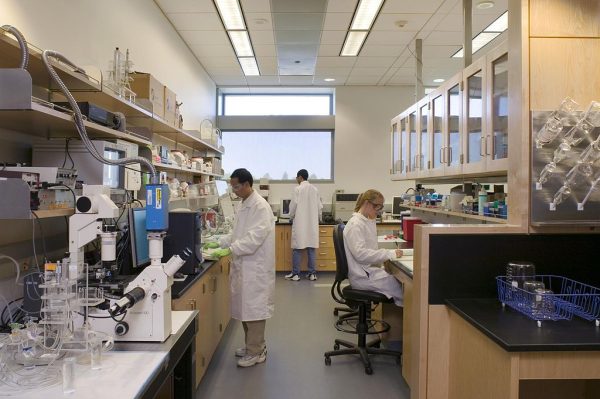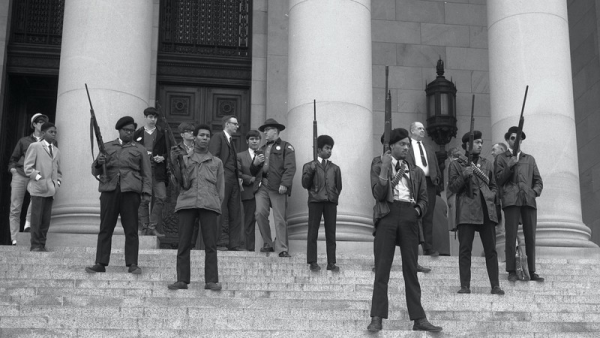Op-Ed: The Sociology of Climate Change Denial
Why countless Americans deny the existence of one of the most pressing issues of our time.
Last month, over 15,000 climate scientists from 188 different countries signed a forceful joint declaration detailing the certainty of human-caused climate change, making headlines in news outlets all over the world. The declaration, which was written with the intent of sounding the alarm to all people still doubtful of climate change’s existence or impact, presented the overwhelming scientific evidence supporting the existence of human-caused climate change as well as an analysis of its effects on Earth and humankind.
However, this declaration will likely fall on many deaf ears, just as have so many similar statements before it. The mere existence of this declaration is a testament to the fact that countless individuals prefer to cover their ears whenever confronted with the impending threat of climate change. Many dismiss the overwhelming evidence to be inconclusive, or dismiss the phenomenon as a hoax altogether. Indeed, more than half of Americans deny that climate change is caused by humans, and about a quarter deny that climate change exists at all.
Why is it that in the face of overwhelming scientific evidence and consensus, so many disregard the facts and instead cling to misinformed viewpoints? The answer doesn’t lie within the minds of climate change deniers themselves, as data has suggested that deniers are not cognitively different than their climate change-accepting counterparts. Rather, there is a myriad of nuanced factors that contribute to this collective denial.
A primary instigator of climate change denial is the abundance of misinformation fueled by corporate efforts to minimize awareness of climate change and its threats to humankind. Major energy corporations such as ExxonMobil correctly perceive programs combatting climate change as threats to their profits; consequently, the corporate interest in suppressing availability of climate data and promoting denial is overwhelming. In response, these companies routinely provide funding to certain climate scientists, that tacitly agree to produce and publish questionable data that contradicts the existence of climate change. Such actions fuel the continual stream of climate “skeptics” wielding scientifically unsound or cherry picked data to advance their claims.
This, in addition to conservative political administrations purging state-gathered climate data, offers an explanation of influential misinformation regarding climate change. But this, in turn, begs the question: why are people so apt to believe climate misinformation, especially considering the overwhelming information that supports the phenomenon?
The answer to this question likely lies in the political philosophies of climate change deniers, who are overwhelmingly conservative-leaning, according to data collected in a study by a team of Australian psychologists. Specifically, climate change deniers exhibited high degrees of “right-wing authoritarianism,” or a preference for strong authority and repression of non-traditional and non-conventional behaviors, and “social dominance orientation,” or a preference for strongly hierarchical social and political systems. Both of these factors are generally associated with psychological traits such as defending the socioeconomic status quo and unwavering support for existing systems of power.
Climate change presents an existential threat to our socioeconomic balance: it could force governments to usher in economic regulation to fight climate change, disrupting industry and the trade of non-renewable energy sources. Additionally, an acknowledgement of climate change could be taken as an implicit criticism of government: it would require admittance of the US government’s woeful inaction against the issue. For conservatives, climate change challenges what they perceive as the most preferable world order.
While this may offer an explanation as to why some resist acceptance of climate change, the question still remains as to why people let their personal predispositions govern their worldviews more than scientific facts. The answer? Humans have a natural tendency to seek out information, true or untrue, that reaffirms one’s personal dispositions; additionally, humans tend to disregard information that would serve to invalidate one’s world view.
According to environmental psychologist Robert Gifford of the university of Victoria, “Nobody wants to be wrong, and that elicits confirmation bias, which is when we seek out information that confirms what we believe to be true.”
In the case of climate change denial, this leads to a preference of palatable information over that which is most empirically accurate. One can easily turn to a number of conservative media outlets to be presented with comforting, yet false information regarding human-caused climate change and its effects, which to many people is preferable to conducting factual analysis. For instance, a commonly referenced falsehood was how climate change supposedly “ended in 1998,” due to the fact that until 2015, the year was the hottest on record. Of course, this is a blatant example of statistical cherrypicking as 1998 was an extreme outlier year with regards to climate, however conservative pundits and newscasters nonetheless referenced that factoid for years to follow.
This effect is compounded by so-called “echo chambers,” in which either deliberately or unintentionally, people isolate themselves within ideological enclaves in which political or social viewpoints are largely uniform. In conservative parts of the country where climate change denial is extremely prevalent, it is easy for one to deny climate change because of being surrounded by people who think the exact same way. This same effect holds true for conservative online communities in which most users deny climate change. Due to a natural desire for conformity and resistance to undesirable information, ideological echo chambers persuade people into supporting shared viewpoints. Within many conservative echo chambers, users are distanced from reality, instead living in the belief that climate change is not real or is not caused by humans.
Understanding the reasons and rationales behind climate change denial can allow us to focus our efforts into countering the factors driving it, instead of continuing to yell at climate change deniers with the hopes that they will one day listen. Climate declarations (such as the one signed last month), awareness campaigns, and other efforts made to convince people of climate change’s existence are likely mostly ineffectual, while they are made with good intentions. To actually achieve a population that understands the existence and effects of human-caused climate change, we must target the specific factors behind climate change denial itself. While this is easier said than done, an understanding of the problem of climate change denial itself will surely be the first step in ending it for good.


